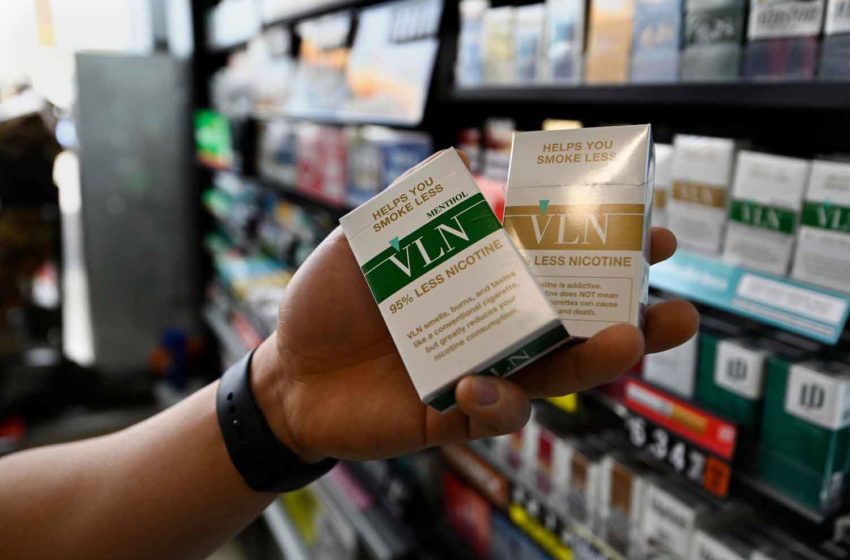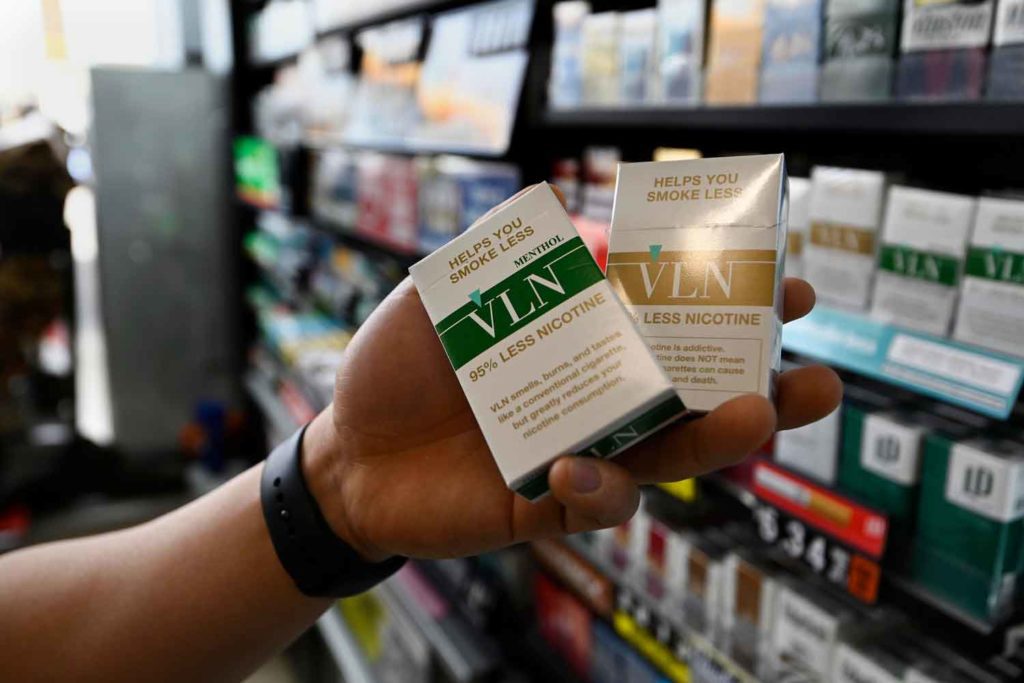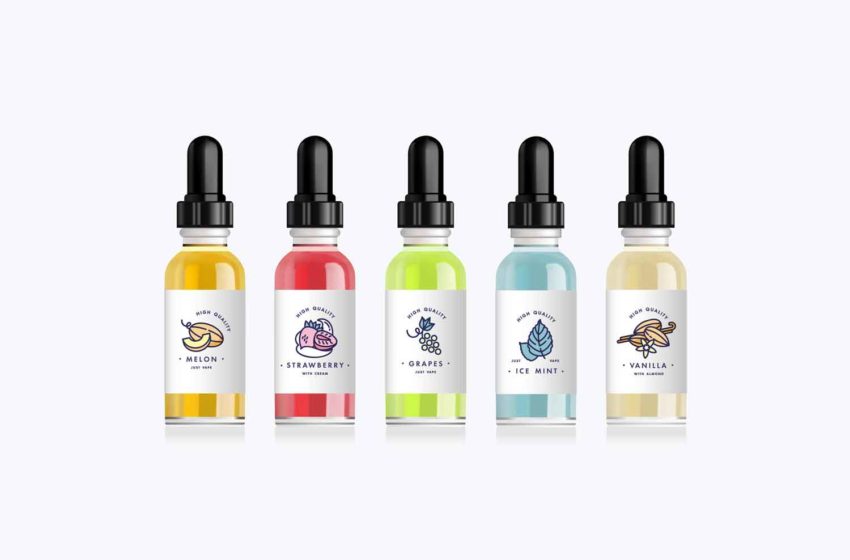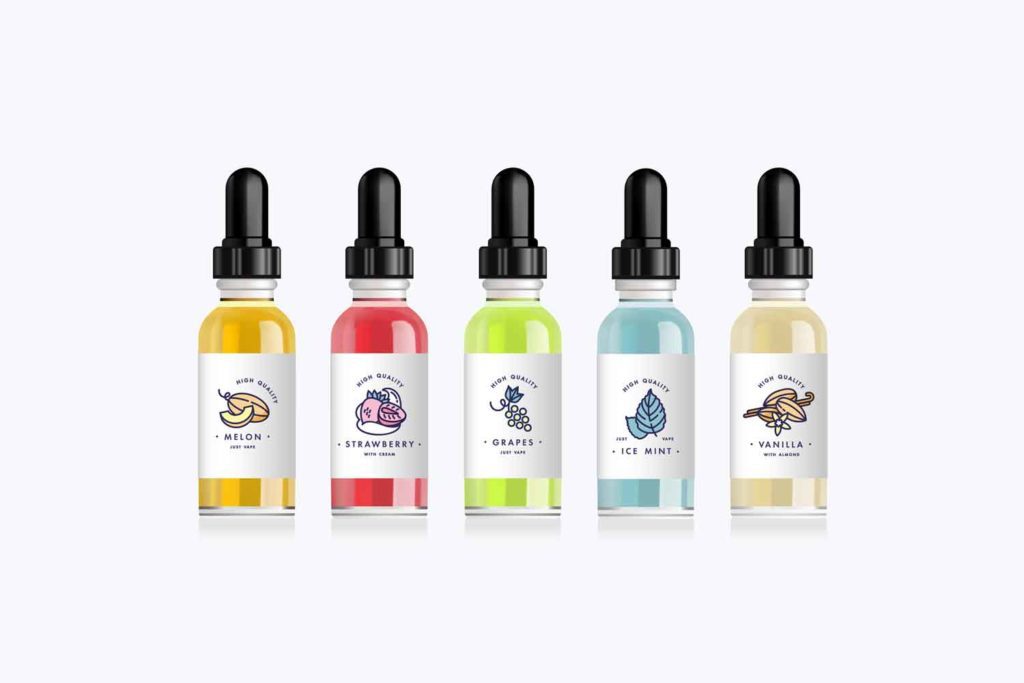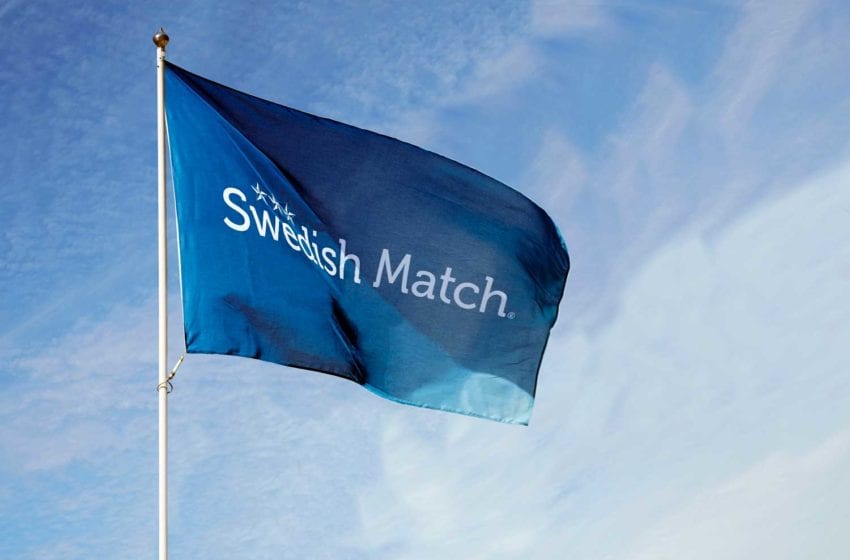
Although the prevalence of teen vaping has declined in recent years, those who do vape are starting younger and using e-cigarettes more intensely, according to a new study published in JAMA Network Open by investigators at Massachusetts General Hospital (MGH) in collaboration with Stanton A. Glantz, a retired professor from the University of California at San Francisco.
In the analysis of data from the annual National Youth Tobacco Survey, a nationally representative survey of middle school and high school students in grades 6–12, researchers found that e-cigarette prevalence among youth peaked in 2019 then declined, but e-cigarette initiation age dropped between 2014 and 2021, and intensity of use and addiction increased after the introduction of protonated nicotine products.
Protonated nicotine is created by adding acid to the e-cigarette liquid, which makes the nicotine easier to inhale. Since Juul pioneered protonated nicotine, it has been widely adopted by other e-cigarette companies.
Age at first use of e-cigarettes fell by 1.9 months per year while age at first use of cigarettes, cigars and smokeless tobacco did not change significantly. By 2017, e-cigarettes became the most common first tobacco product used.
E-cigarette nicotine addiction, measured as the odds of use within five minutes of waking, an indicator of addiction, increased over time. By 2019, more youth e-cigarette users were using their first tobacco product within five minutes of waking than for cigarettes and all other products combined. The percent of sole e-cigarette users who used e-cigarettes within five minutes of waking was around 1 percent through 2017, but then it increased every year, reaching 10.3 percent youth using their first e-cigarette within five minutes of waking by 2021.
Median e-cigarette use also increased from three days to five days per month in 2014–2018 to six days to nine days per month in 2019–2020 and 10 days to 19 days per month in 2021.
The recently released 2022 National Youth Tobacco Survey data show that 2.55 million adolescents use e-cigarettes and 27.6 percent of adolescents use e-cigarettes daily. The comparable numbers reported in this paper for 2021 were 2.1 million and 24.7 percent.
“The increasing intensity of use of modern e-cigarettes highlights the clinical need to address youth addiction to these new high-nicotine products over the course of many clinical encounters,” said senior author Jonathan P. Winickoff, a pediatrician at MGH and a professor of pediatrics at Harvard Medical School, in a press note.
“In addition, stronger regulation including state and local comprehensive bans on the sale of flavored tobacco products, such as voting YES on Proposition 31 on California’s November ballot, should be implemented,” said first author Glantz.








